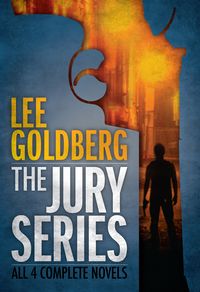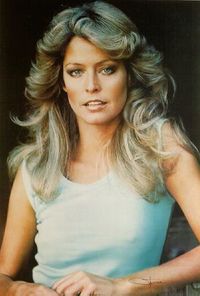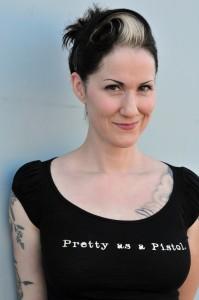Everybody knows by now that the spy thriller Assassin of Secrets was stitched together by "author" Quentin Rowan from passages stolen, word for word, from other espionage novels. But he went even further than that… he also stole from other authors for the essays, blog posts, and the Q&A interviews that he did to promote his book.
Novelist Jeremy Duns, who blurbed the original novel, has been extraordinarily aggressive now in exposing the ruse and, in the comments section of his excellent blog post dissecting the Assassin of Secrets, Rowan shows up to explain himself, leading to a revealing, back-and-forth interview. It's fascinating stuff. Here's an excerpt of Rowan's mea culpa…
"[…] the minute I got an agent and started showing it to people who suggested changes, I began to distrust the quality of whatever real work I'd done on it. So I started ripping off passages from spy novels in my collection that fit. Somehow public scrutiny has always been the pressure point for me. Once I feel I'm doing the work for someone else's eyes, I begin stealing, because I want to impress.
Once the book was bought, I had to make major changes in quite a hurry, basically re-write the whole thing from scratch, and that's when things really got out of hand for me. I just didn't feel capable of writing the kinds of scenes and situations that were asked of me in the time allotted and rather than saying I couldn't do it, or wasn't capable, I started stealing again. I didn't want to be seen as anything other than a writing machine, I guess. Some call it "people pleasing." Anyway, the more I did it, the deeper into denial I went, until it felt as if I had two brains at war with each other. Half of my time this past year was spent in a strange internal argument: Yes I can, no I can't. They'll figure it out! No they won't! It became like a strange schizophrenic form of gambling, and for some reason – viewing myself as a failed 'literary' writer – I saw this book as my "last shot." So even though what was left of my rational mind understood I would probably be found out, I still thought I had to bet it all on this one horse."





![ZoeSharp-StreetTriple-closeup-lo-res[1] ZoeSharp-StreetTriple-closeup-lo-res[1]](https://leegoldberg.com/wp-content/uploads/2011/08/6a00d8341c669c53ef01543487fbf7970c-200wi.jpg)

